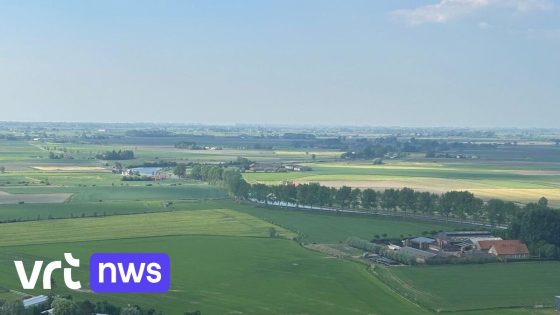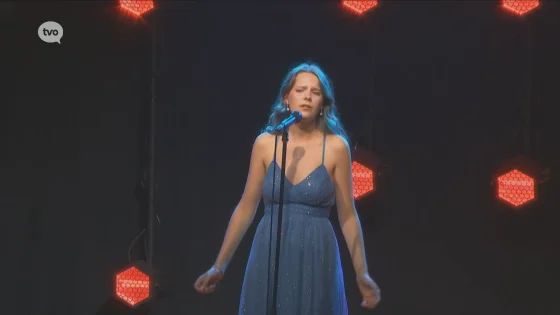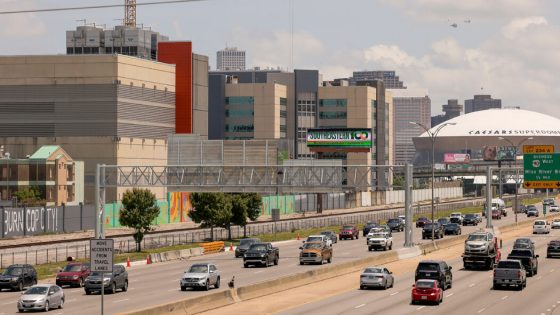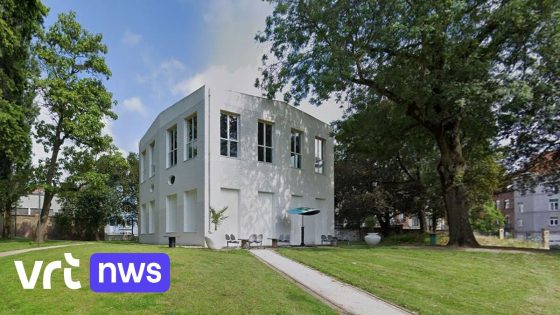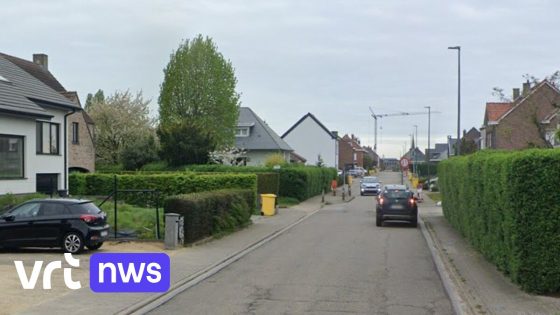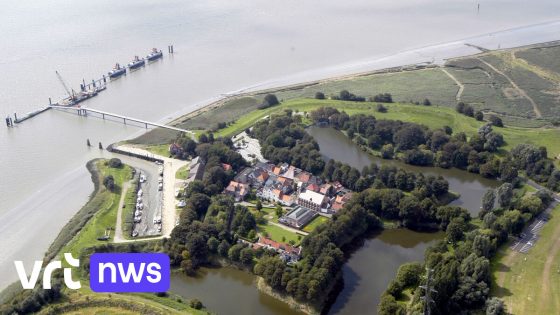Belgium is facing a growing challenge with the ongoing drought, as water scarcity impacts daily life and the economy. The oppompverbod, or pumping ban, has expanded in West Flanders, reflecting the severity of the situation. On 2025-05-19 16:54:00, authorities confirmed that current dryness matches the legendary summer of 1976, a historic drought year.
- Oppompverbod expands amid severe drought conditions
- Dryness rivals legendary 1976 summer drought
- Drought causes reduced vegetable supply, raises prices
- West Flanders faces worst drought in 50 years
- Spring drought echoes disastrous 1976 year
- Blue Deal water plan struggles to reduce vulnerability
With less rain and rising temperatures, concerns about food prices and agricultural output are mounting. Will this drought push vegetable prices higher across Belgium? And how prepared is Flanders to handle these water shortages in the long term?
As the region grapples with these questions, the latest measures and analyses reveal the urgency of sustainable water management. Here is a concise overview of the situation and what it means for Belgian residents.
The drought raises critical issues about Belgium’s resilience and food security. How can farmers cope with reduced water availability? What role do policies like the Blue Deal play in mitigating these risks?
- Reduced water pumping affects irrigation and drinking supplies in West Flanders.
- Lower vegetable yields lead to less supply and increased market prices.
- Current dryness is the worst in nearly 50 years, echoing the 1976 drought.
- Five years after the Blue Deal’s launch, Flanders still faces significant water vulnerability.
Looking ahead, Belgian authorities and citizens must prioritize water conservation and innovation to prevent future crises. Will the next steps be enough to secure Belgium’s water future?



